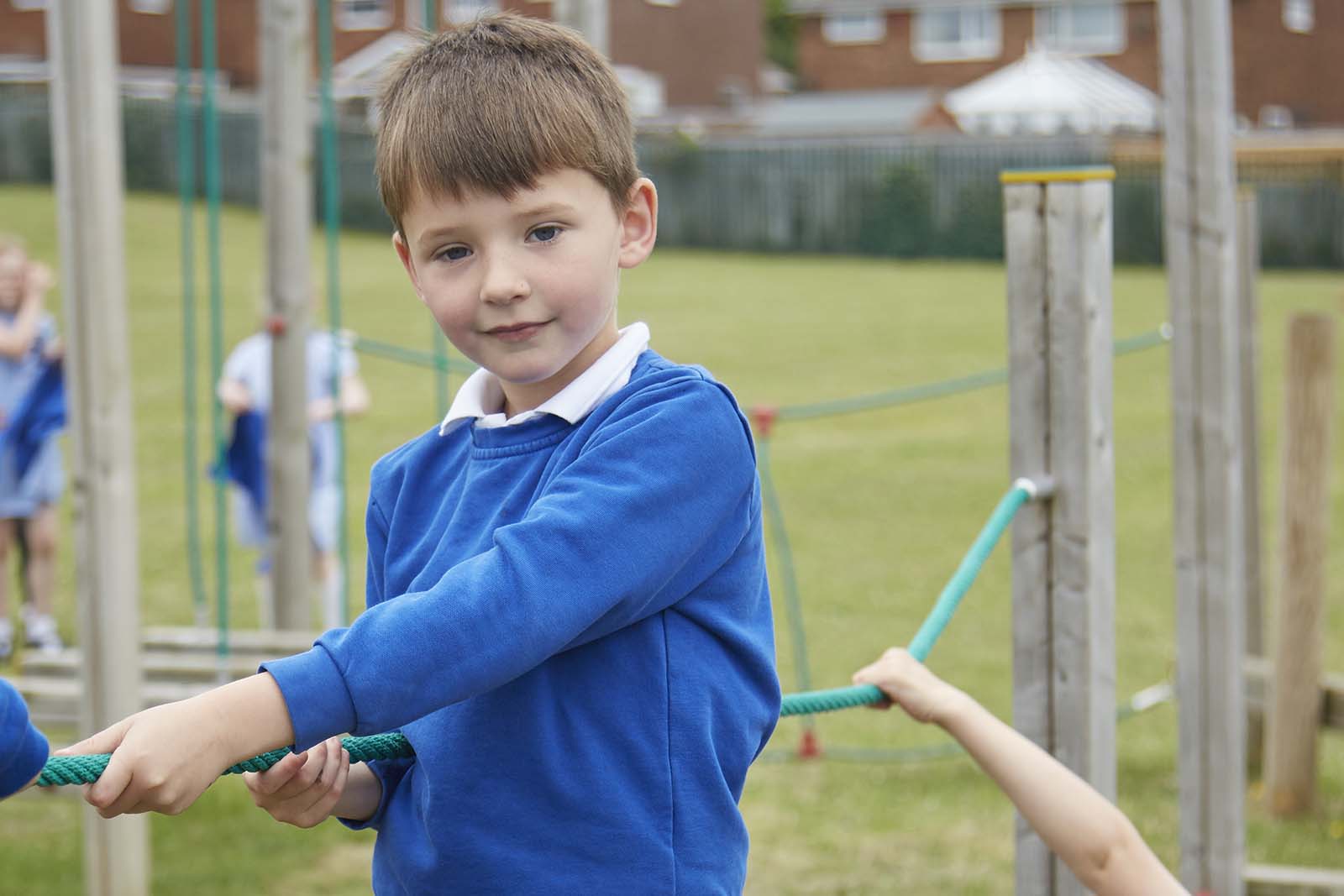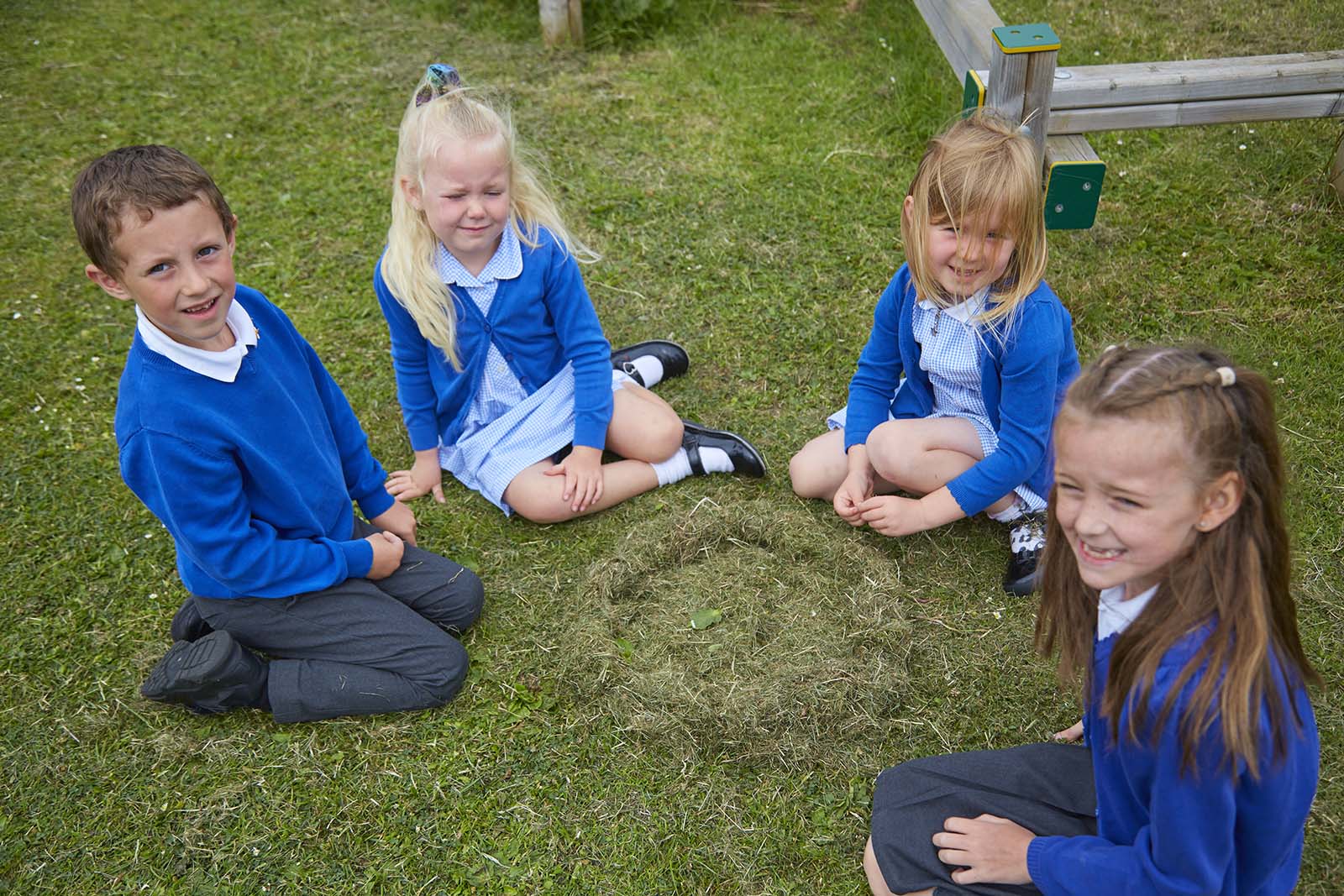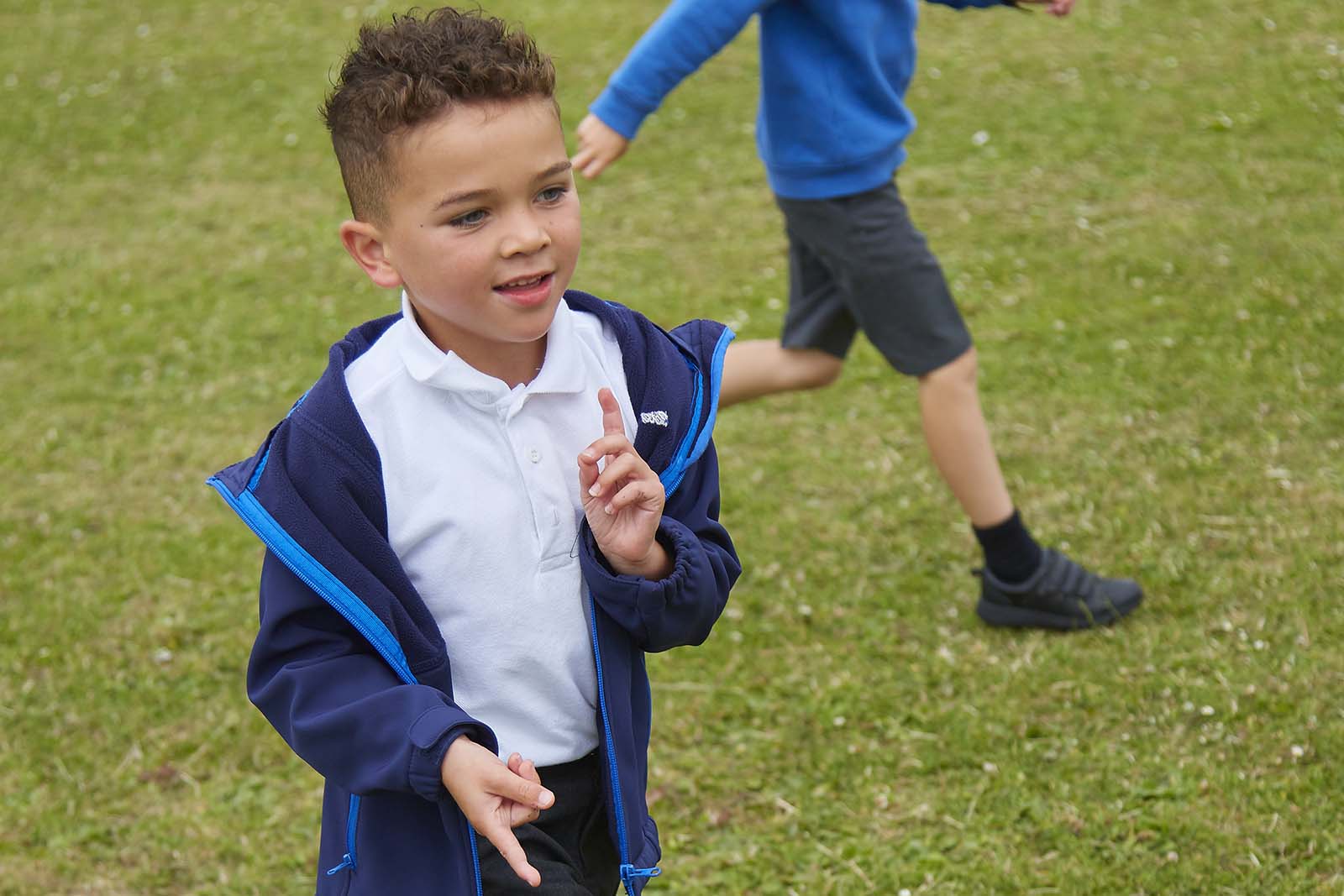British Values
At Acklam Whin Primary School, we recognise the importance of preparing our children for life in modern Britain and promoting and teaching our children about the values that are part of British society.
We take every opportunity to promote the fundamental British values of:
- Democracy
- Rule of Law
- Individual Liberty
- Mutual Respect and tolerance of those of different faiths and beliefs
Through the promotion of these values, our school aims to ensure pupils:
- Understand the democratic process and how citizens can have a say in decision making.
- Recognise the advantages of living under the rule of law and how law is essential for a safe society.
- Understand that there is a separation of power between the executive and the judiciary and why it exists.
- Understand the reasons for accountability of institutions and why courts maintain independence.
- Know why freedom of religion protects all faiths, as well as those with no faith.
- Accept that people who hold different religious beliefs should be tolerated and not discriminated against.
- Value the importance of identifying and combatting extremism.
We promote British values both within and beyond the classroom. They are embedded in all curriculum areas; they are celebrated and evident in our Key Stage assemblies and these values are at the heart of our ethos.
Here are just some of the ways our school seeks to embed the teaching of British values..
Democracy
We aim to widen the children’s knowledge and experience of what is relevant today to support them in making informed choices. In PSHE, RE and other curriculum lessons, pupils take part in regular debates and discussions. Termly Online Safety sessions led by our community PCSO for all year groups, also promotes the importance of children making informed choices about keeping themselves safe.
Each year group, from Year One onwards, have representatives in the School Council that have been elected by their class peers. The School Council meet regularly to share views, concerns and ideas that have been raised by their peers and are responsible for helping to make Acklam Whin the best it can be. The election of the School Council reflects our British electoral system and demonstrates democracy in action. The elected representatives demonstrate and develop leadership skills and all pupils consider what qualities they believe are important for an elected representative to have. Pupils across the school use their voice to share ideas and concerns with the members of school council and also assemblies where votes can be used to demonstrate pupil voice and opinion. This forms the basis of further discussion and important decision making. The School Council provide feedback to the whole school.
Parents’ opinions are welcomed at Acklam Whin Primary School through methods such as surveys, parents evenings, open days and an open door policy where the headteacher is available for parents to speak to each morning at the school gate.
We hope through embedding pupil voice, we will create a better understanding of living in a democratic society for all our children and they will have a deep understanding how the democratic and voting processes work and how these systems have an impact on the government.
Rule of Law
At Acklam Whin Primary School, our children will encounter rules and they will continue to be governed by rules and laws throughout their lives. The importance of laws, whether they be those that govern the class, the school, the community, or the country, are consistently reinforced at Acklam Whin Primary School. From when they begin school at Acklam Whin Primary School, our children are taught about the Foundations of Behaviour for our school. These are Respect, responsible and Safe. Our children are taught the value and reasons behind rules and laws and how they govern us and keep us safe.
At the beginning of each school year, all pupils will be reminded about our School Foundations. These rules of the school are revisited throughout the year during school assemblies and through our curriculum. This consolidation and reminders help our children to understand the reasons behind rules and the consequences if they are not adhered to. Visits from authorities such as the Police, our PCSO and the Fire Service help to reinforce these messages and ensures our pupils see the benefits of living in a society that has a rule of law.
Individual Liberty
Pupils are actively encouraged to share their voice, to make choices and work independently. We promote freedom of choice and the right to express views and beliefs, whilst being respectful to others. We ensure that we educate and provide boundaries for young pupils to make informed choices safely. In lessons, we encourage children to select tasks that will challenge them, giving them more freedom to determine their own learning. We offer a range of clubs and activities which pupils have the freedom to choose from, based on their interests. Through our Online Safety, we educate children on their rights and personal freedoms as well as supporting them in recognising how to exercise these freedoms safely.
Mutual Respect and tolerance of those of different faiths and beliefs
Respect is one of our three Foundations of Behaviour of our school and every day we want our children to exemplify self-respect and demonstrate respect for their family, friends, other groups, the world and its people and the environment. Our pupils know and understand our expectation that we must show respect to everyone, whatever differences we may have. Through our curriculum and assemblies, we ensure that pupils understand the importance of mutual respect.
Acklam Whin Primary School is a school which has representation from 11 different ethnic groups. Promoting diversity is therefore central to gaining knowledge and understanding of different faiths and religions. Through R.E, PSHE, SMSC and our weekly assemblies and working with Middlesbrough Local Authority Ethnic Minority Achievement Team, we teach and demonstrate tolerance of other faiths and beliefs. We celebrate cultural differences across a range of subjects. Pupils are encouraged to regard people of all faiths, races and cultures with respect and tolerance and understand that while different people may hold different views about what is ‘right’ and ‘wrong’, all people are subject to the law.
Equality & Diversity
The Equality Act 2010 combined nine separate pieces of legislation into one single Act simplifying the law and strengthening it in important ways to help tackle discrimination and inequality.
The Act introduced 9 protected characteristics:
- Age
- Disability
- Gender reassignment
- Marriage and civil partnership
- Race
- Religion and belief
- Sex
- Sexual orientation
- Pregnancy and maternity
- As a school we are fully inclusive and supportive of our whole learning community.



